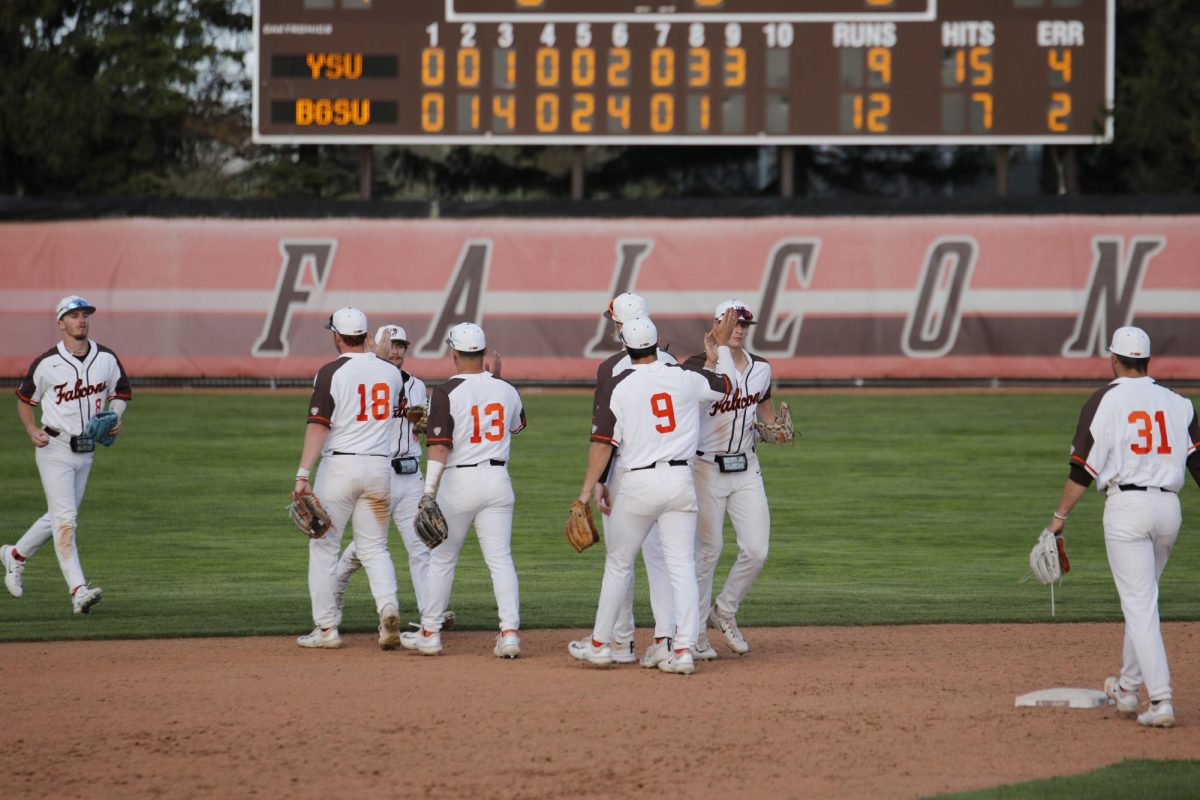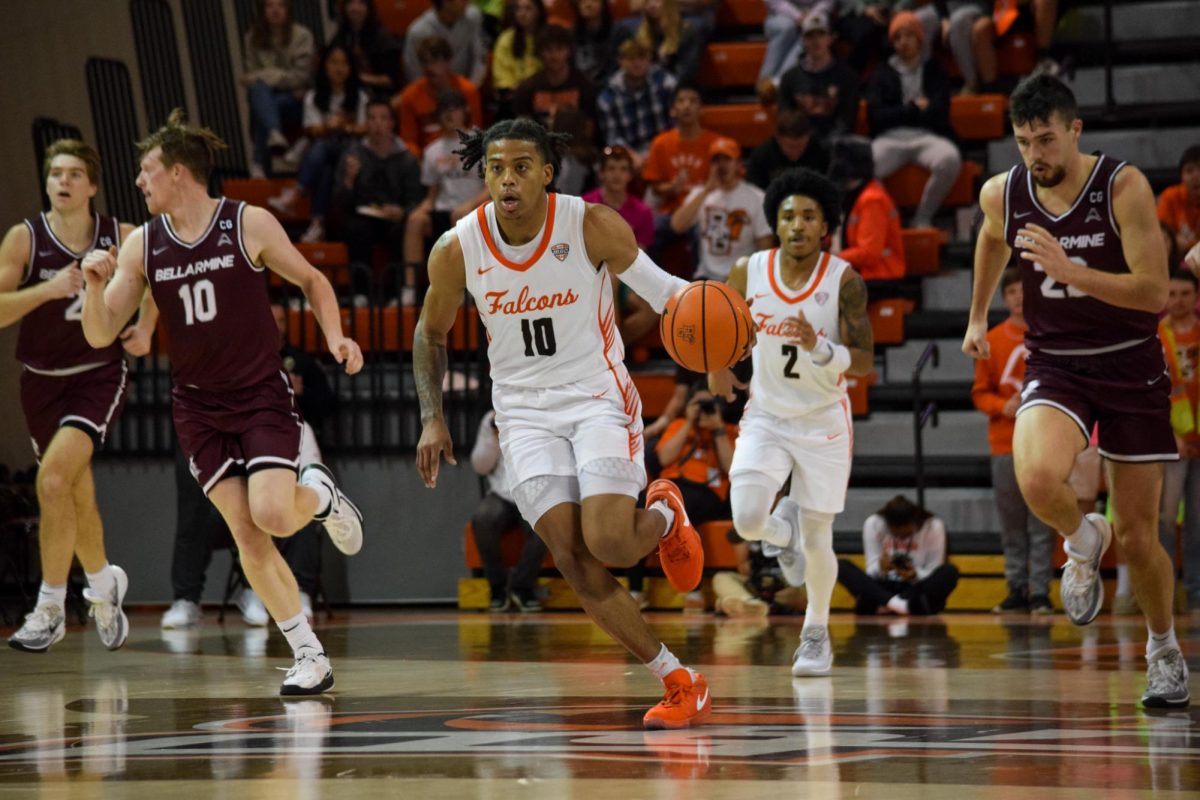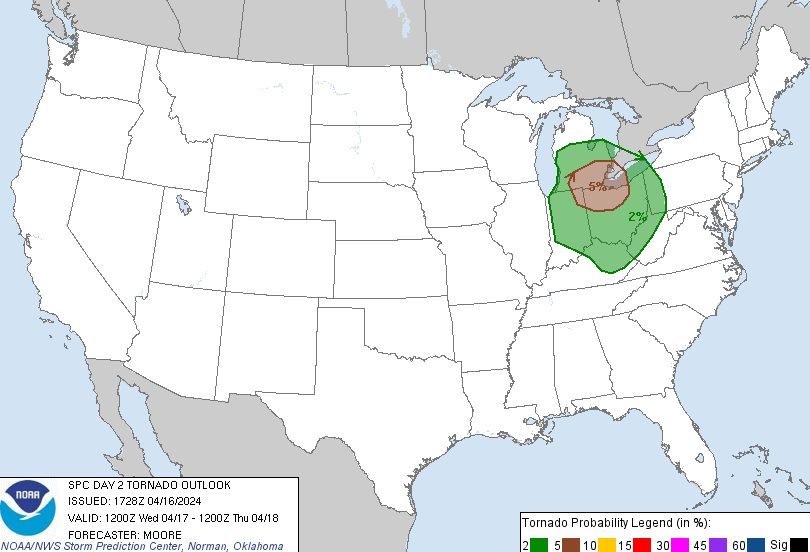NEW YORK — There are pillow fights and there is pillow talk, and Will Smith says that the latter prevailed when he signed on as the manservant caddy in “The Legend of Bagger Vance” and when wife Jada Pinkett-Smith took the part of a TV exec battling racial stereotyping in Spike Lee’s “Bamboozled.”
‘Any roles we take, we take together,’ Smith explains, smooth as sable and twice as warm. So smooth, in fact, he could sell sable coats to PETA members. Some see the mystical Bagger Vance, who helps golfer Matt Damon find his swing in the movie opening Friday, as a cross between Yoda and Hattie McDaniel, but the Smiths see something else.
‘We were excited that the film was all white people and the one black person was God,’ Smith says.
In his next film, the actor will swing not on the fairway but in the boxing ring.
‘Feel these,’ Smith demands, cupping your hand on biceps as big and solid as coconuts. They are the product of a half-year in which he has trained six hours daily for ‘Ali,’ the film biography of boxing great Muhammad Ali. A compromise was recently reached over the project’s budget, and shooting — in Chicago, Miami, New York and Mozambique — will commence in January.
Once an exuberant, jug-eared string bean, Smith, now 32, has reconfigured himself into an exuberant, jug-eared Incredible Hulk. Note that this Hulk wears his hair in cornrows and sports baggy, baggy jeans and a white T-shirt over which he slips a jacket of paprika suede. Not everyone can so charismatically combine hip-hop and hard bod.
Smith’s segue from golf to boxing has not been entirely smooth. The torque and concentration are the same, he observes, but the center of gravity for a golfer and boxer are very different. Thus, the man who describes his pastime as ‘a true sporting narcotic’ is in serious withdrawal.
To hear him tell it, where there’s a Will there’s a fairway. You suspect the real reason he took the role of Bagger Vance in the film directed by Robert Redford is that it enables him to preach the Gospel of Golf.
‘It’s a game that allows you to test the fortitude of your spiritual conviction,’ Smith begins with evangelical zeal. ‘There’s a oneness with your surroundings that needs to be created to be a good golfer. You have to feel the wind to deliver your shot. You have to learn the grass.’
Regardless of appearances, ‘Bagger Vance’ — about a white golfer assisted by a mysterious black caddy in the Depression-era South — is more Zen than racial, Smith says.
‘It’s about life and the rules for living. Black people hate those ‘yassir, nossir’ movies. But Bagger isn’t subservient; he’s really in control. He’s the one person in the film wise to the fact that the secret of the game is also the secret of life.
‘It’s not about winning, it’s about playing,’ Smith observes, inching closer and closer to what drew him to the project. ‘At the center of the film is ‘the zone,’ the zone being the pinnacle of a player’s performance and harmony. The point of the film is that finding that space is not an accident.’
Ever since Smith won fame as G-rated rapper the Fresh Prince in 1986, the pride of Philadelphia, has set course for the zone. It’s neither a physical nor a geographical place, but a harmonic convergence of concentration and intent.
His concentration has never been in doubt. Whether driving a golf ball or a point, Smith has the focus of a laser.
His intent? To be the best. The best father. The best husband. The best entertainer.
‘I want to be as funny as Eddie Murphy and as great as Denzel’ Washington, says the effervescent star, whose back-to-back hits ‘Bad Boys’ (1995), ‘Independence Day’ (1996), ‘Men in Black’ (1997), and ‘Enemy of the State’ (1998) have helped make him the fourth-biggest box-office draw of the last five years, according to Exhibitor Relations. On Entertainment Weekly’s new ‘Power 100’ list, Smith ranks 67th, six notches higher than Murphy.
‘I’m committed to personal excellence and whatever that lends itself to,’ Smith pronounces with matter-of-factness rather than grandiosity.
He is inspirational, he is aspirational. When you’re training to play Ali, no hyperbole is off-limits. ‘I want to be great,’ Smith says, talking about his goals. ‘I want God to think I’m the Man.’
If he experiences the philosophical in golf, Smith experiences the spiritual in ‘Ali.’
‘He symbolizes the perfect commitment to God,’ the actor muses of the fighter, who laid down his world heavyweight title rather than serve in Vietnam. ‘He believed there was no one who could hurt him if he did what God asked him.’
The goofily endearing Smith would seem an odd choice to play the Muslim pugilist. The only trait they have in common would seem to be their rhyming skills. But it so happens that Ali was a fan of Smith’s TV hit ‘The Fresh Prince of Bel-Air,’ which lives on in syndication. The actor was the Greatest’s first choice to star in the bio film.
Given that ‘Bagger Vance’ and ‘Ali’ inspire Smith to contemplate the variety of religious experiences, one wonders whether he practices a faith.
‘I grew up in a Jewish neighborhood in a Baptist household, attended Catholic school, and played with Muslims,’ says Smith, whose high school years included time at Archbishop Carroll in Radnor, Pa. ‘Do we stop believing in something new after Moses? After Jesus? After Muhammad?’
He has two sons, William Smith III — better known as Trey — who is almost 8, and Jaden Christopher Syre Smith, who is 2. ‘I’m raising them to believe in God, although my understanding of Judaism, Christianity and Islam makes it difficult for me to subscribe to just one belief.’ He describes himself as a church-hopper who samples different congregations.
His personal faith is one of fervent positivity. The four-time Grammy winner — who took home the rap solo trophy in 1998 for ‘Gettin’ Jiggy Wit It’ and in 1997 for ‘Men in Black’ — declines to talk about the recent controversies stirred up by hard-core artists Eminem and Allen Iverson.
‘I like to provide an alternative,’ says the family-friendly rapper, whose ‘Parents Just Don’t Understand’ earned him and Jazzy Jeff (Jeff Townes) the first-ever rap Grammy in 1988. ‘Part of the problem is that young black kids think that negativity is the only thing that sells.’
Smith is also fervent about economic development in his hometown of Philadelphia. While ‘not prepared to make public comment’ about his W Hotel, to be constructed on 2nd Street between Lombard and Pine, or the hoped-for film and music soundstage at Broad and Washington Streets, in which he would partner with the city, he is voluble about his civic commitment.
‘I’m from Philly, and there are many things I liked and disliked about it growing up. I’m involved in these projects because I want to help the city grow and want to create job opportunities that weren’t there when I came up.’
Exuding a rare brand of tranquility, Smith has become a multimedia sensei. Ask this font of serenity to recall the best advice he ever got, and he flashes a puckish grin.
‘Daphne Maxwell-Reid, who played Aunt Viv on ‘Fresh Prince of Bel Air,’ used to say, ‘Will, don’t let your successes go to your head or your failures go to your heart.’ ‘
Referring to his most conspicuous disappointment, he says, ‘I found that very helpful to remember around the time ‘Wild Wild West’ was released.’
But, as Paul Dergarabedian, the box-office analyst for Exhibitor Relations, says, ‘It says something that a Will Smith failure connects with enough people to make over $100 million.
‘He’s raised the bar so many times, what would be blockbuster status for anyone else isn’t for him.’
















